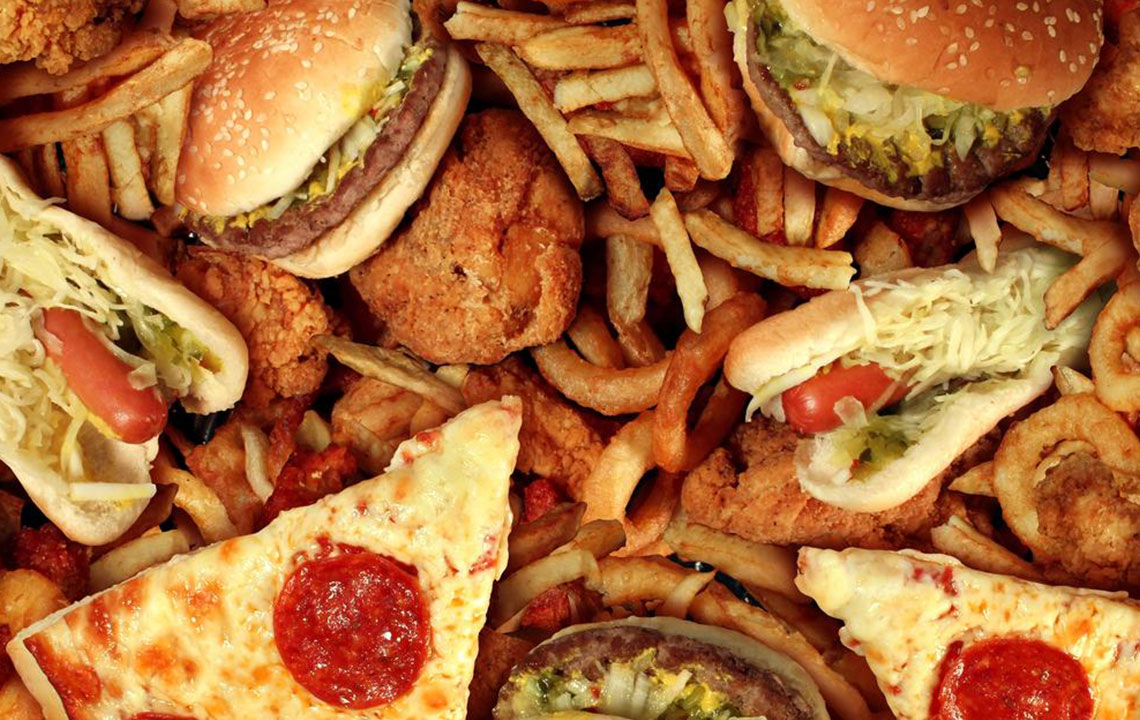Effective Strategies to Prevent Heartburn and GERD During Pregnancy
Learn effective techniques to prevent and manage heartburn and GERD during pregnancy. This article outlines dietary and lifestyle changes, such as eating smaller meals, avoiding trigger foods, controlling fluid intake, and planning meal times to reduce discomfort. Understanding the causes of pregnancy-related acid reflux helps expectant mothers maintain comfort and well-being during this special period.

Tips to Manage Heartburn and GERD Throughout Pregnancy
Heartburn and acid reflux are frequent discomforts experienced during pregnancy. These symptoms are caused by hormonal changes and the growing uterus affecting digestion. Fortunately, simple dietary and lifestyle modifications can significantly reduce their occurrence, providing comfort without endangering the baby. Adjusting eating habits and avoiding certain triggers can be highly effective. Understanding the causes and implementing preventive measures can help expectant mothers enjoy a more comfortable pregnancy.
Read below to learn the common causes of pregnancy-related heartburn and practical tips to prevent it. Why is Heartburn so prevalent during pregnancy?
Pregnancy hormones relax the lower esophageal sphincter (LES), allowing stomach acids to flow back into the esophagus. The expanding uterus further increases pressure on the stomach, leading to both acid reflux and indigestion. Managing these symptoms involves targeted dietary and lifestyle strategies.
Eat smaller, more frequent meals
A full stomach can trigger heartburn. Eating smaller portions throughout the day prevents excessive stomach pressure. During pregnancy, the stomach's capacity is limited, making it essential to avoid overeating to reduce reflux chances.
Identify and avoid trigger foods
Foods like citrus fruits, fried, spicy items, coffee, carbonated beverages, and chocolate often worsen heartburn. Since triggers vary individually, recognizing personal food sensitivities is important. Reducing alcohol intake is also advisable, as it can aggravate symptoms.
Control fluid consumption
Liquid foods such as smoothies, milkshakes, yogurts, and soups tend to pass quickly through the digestive system, reducing reflux chances. However, avoid drinking large amounts at once. Incorporate fluids gradually and chew solid foods thoroughly to promote digestion.
Plan your meals and timing carefully
Eating close to bedtime can trigger nighttime heartburn. To prevent this, avoid eating at least three hours before sleeping. Include liquids in your dinner, and remain upright after meals—sitting or standing—to minimize reflux episodes.
Important Notice:
The information provided here regarding symptoms, treatments, and health concerns is for educational purposes only. It should not replace professional medical advice. Always consult licensed healthcare providers for diagnosis and treatment options tailored to your individual health needs.










